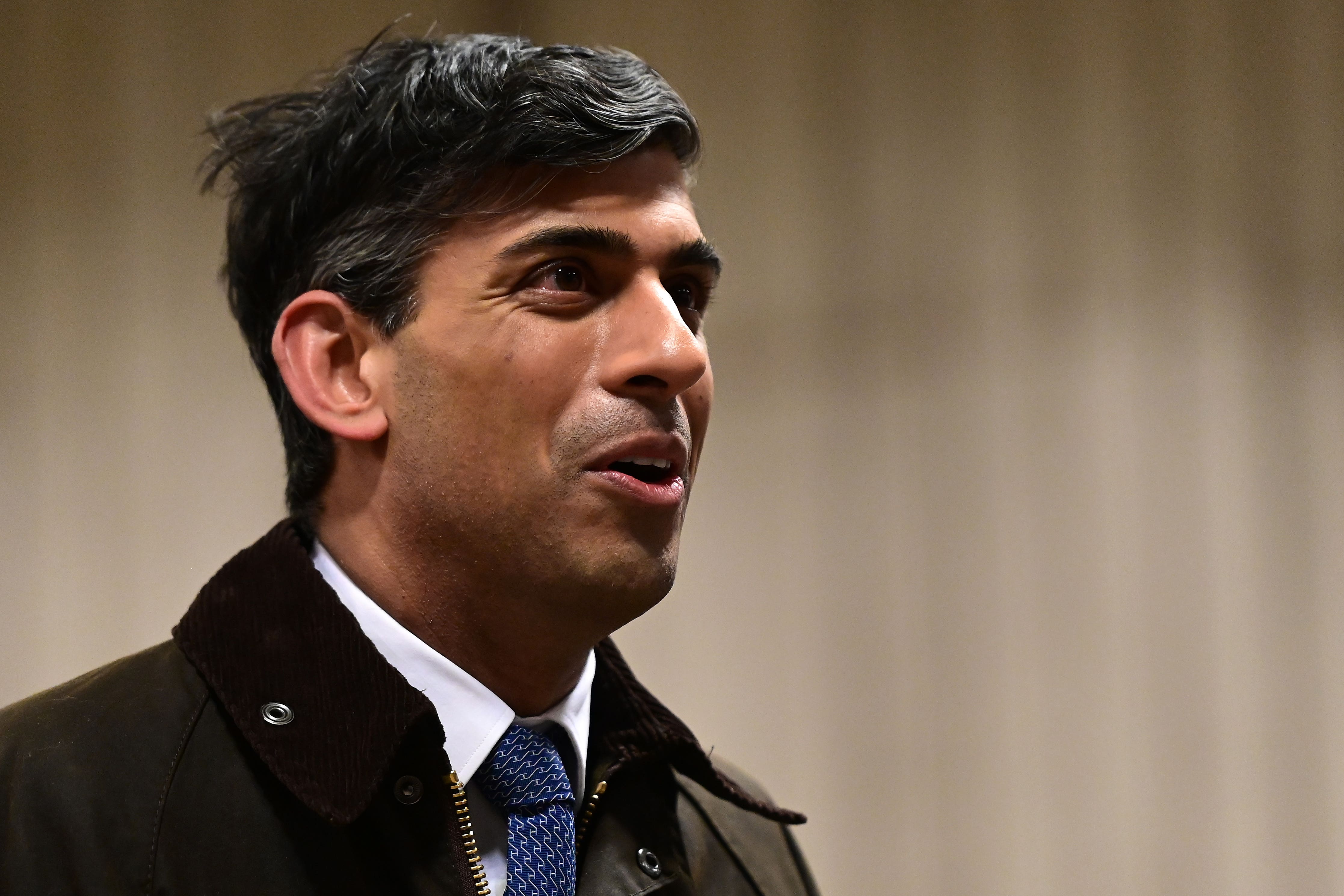Tax decisions not made in personal interest, No 10 says after Sunak release
The Prime Minister reportedly saved £300,000 thanks to a cut in capital gains tax he voted for in 2016.

Your support helps us to tell the story
From reproductive rights to climate change to Big Tech, The Independent is on the ground when the story is developing. Whether it's investigating the financials of Elon Musk's pro-Trump PAC or producing our latest documentary, 'The A Word', which shines a light on the American women fighting for reproductive rights, we know how important it is to parse out the facts from the messaging.
At such a critical moment in US history, we need reporters on the ground. Your donation allows us to keep sending journalists to speak to both sides of the story.
The Independent is trusted by Americans across the entire political spectrum. And unlike many other quality news outlets, we choose not to lock Americans out of our reporting and analysis with paywalls. We believe quality journalism should be available to everyone, paid for by those who can afford it.
Your support makes all the difference.Downing Street has insisted Government decisions are made “in the national interest, rather than personal interest”, after reports that Rishi Sunak saved more than £300,000 due to a cut in capital gains tax he voted for in 2016.
The Prime Minister released a summary of his tax affairs on Wednesday, showing that he had paid more than £1 million in UK tax over the previous three financial years.
His tax rate was about 22% because most of his earnings came from capital gains – mainly related to a US-based investment fund – which is taxed at a lower rate than income.
It is entirely routine for savers to choose to put their investments in funds which focus on delivering long-term growth
Mr Sunak would have paid £308,167 more had the top rate of capital gains tax not been slashed from 28% to 20% by the Tory Government in 2016 – a move he vocally backed, according to the Guardian.
A No 10 spokesman said on Friday: “That was before he was in Government, but of course all ministers are British taxpayers, so they will be affected by the generality of tax policy, but ministers make decisions on the basis of the national interest, rather than personal interest.
“If you look at the Budget in 2022, for example, the decision to reduce the 45% tax threshold would actually mean the Prime Minister would pay more income tax, so decisions are made in the national interest, not in the individual’s interest.
“The Prime Minister pays the income tax that is due to ensure Government can continue to fund public services.
“It is entirely routine for savers to choose to put their investments in funds which focus on delivering long-term growth rather than short-term income generation. The tax details clearly show the considerable amounts of capital gains tax, for example, that is being paid.”
Mr Sunak released his tax returns on one of the busiest news days of the year as Boris Johnson was grilled by MPs over whether he lied to Parliament.
The Prime Minister’s earnings over the last three years totalled £4.7 million.
Sir Keir Starmer followed suit and published a summary of his tax affairs on Thursday.
It showed that the Labour leader paid a far greater proportion of his earnings in tax than Mr Sunak despite the Prime Minister making 10 times more.
Sir Keir paid £118,580 in tax on earnings of £359,720 over the last two years, making his effective tax rate 33%.